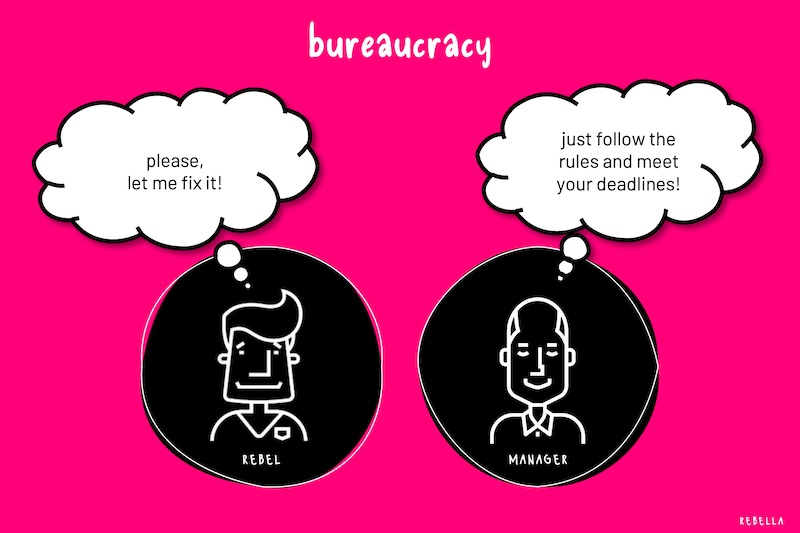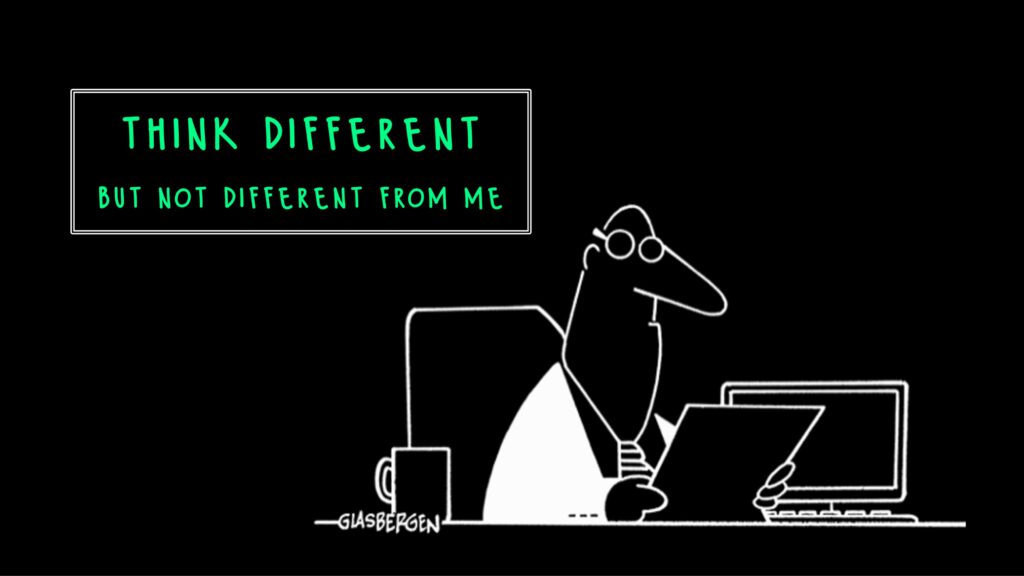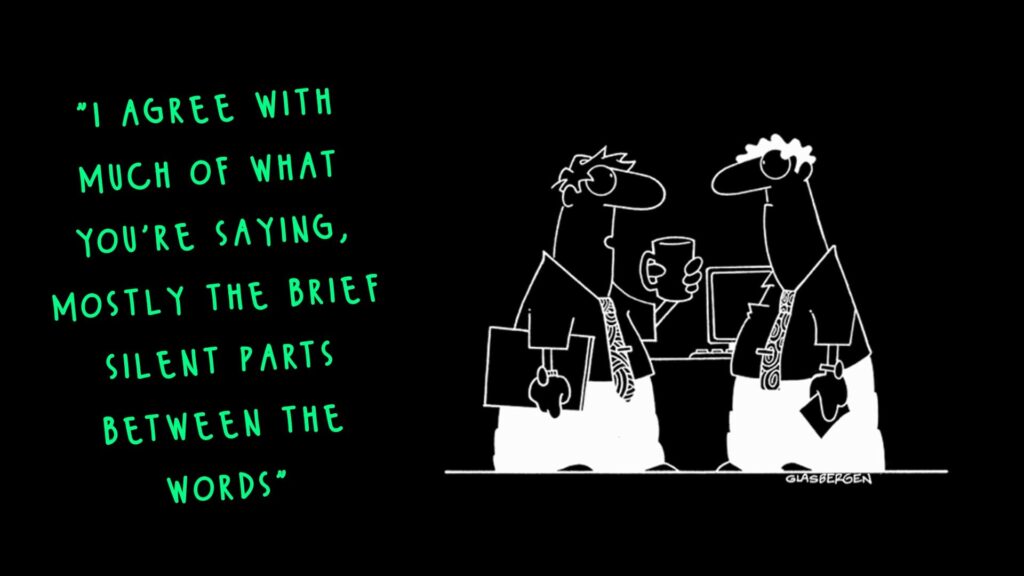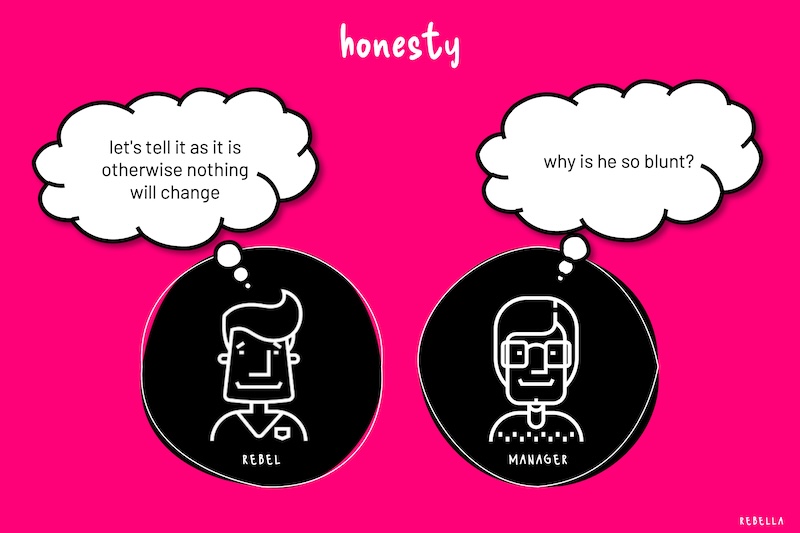
Dr Rebel: There is no such thing as being too honest, is there?
Today’s question: My teammates find me blunt, but if I don’t tell them as it is, things won’t change. Am I using the wrong tactic?
Rebels don’t mince their words; they say what they think, regardless. And while that comes from a good heart, it is hardly ever welcomed with open arms. And so, rebels are often perceived as being confrontational or even mean.
Honesty is essential, but excessive, unfiltered honesty is not always the best or most effective approach in every situation. There is a distinction between being honest and blunt, and between transparency and oversharing.
Being too honest
Honesty without tact, timing, or strategic awareness can backfire. Here are some examples where being (too) honest will not have the effect you strive for:
- Sharing uncertain or sensitive information (e.g. a potential layoff, an acquisition) too early. This can cause panic, rumours, or destabilise your team
- Telling someone ‘You’re not good at your job’ might be true, but it’s unconstructive and demotivating. It’s more effective to frame feedback with care and guidance
- Being too candid about internal problems (e.g. dysfunction in leadership or cash flow issues) can unnecessarily shake client confidence
How you say things matters
Rebels are not always too honest, but their communication is often too raw or confrontational. Their strength lies in exposing uncomfortable truths, but their impact depends on how skillfully they balance honesty with empathy and strategy. The most effective rebels are not just honest. They are also emotionally intelligent communicators.
Team context
Furthermore, team context matters. When there is high trust in the team, you can speak more openly, whereas when there is low trust, being honest can backfire:
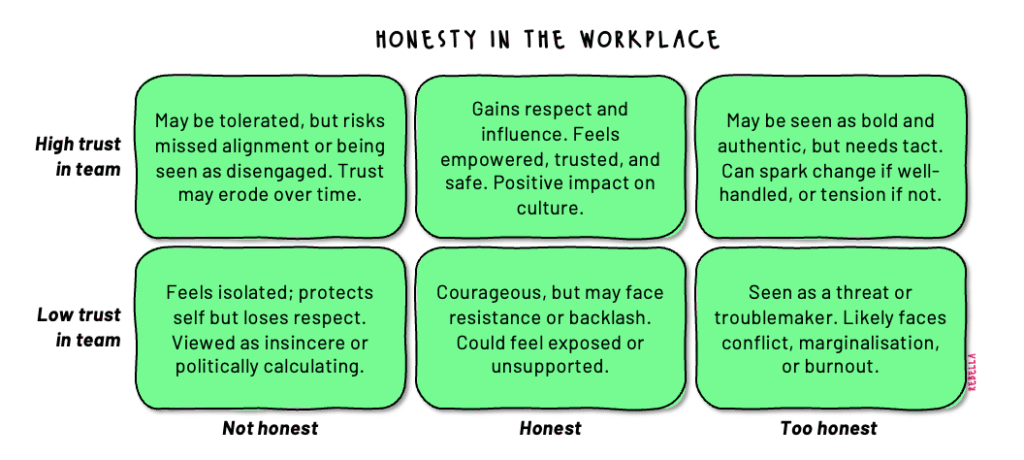
The key takeaways:
- High honesty in high-trust teams is ideal: it enables psychological safety and productive dialogue.
- Too much honesty in low-trust teams can damage the employee’s position, even if the intentions are good.
- Honesty in low-trust settings requires courage, but without support, it may backfire unless the organisation is open to change.
- Lack of honesty rarely leads to positive long-term outcomes; trust, credibility, and authenticity suffer.
Being honest at work
Honesty is always better than deception in the long run, but how and when you express honesty matters greatly. In business, being honest is not just about telling the truth. It’s about doing so in a way that builds trust, preserves relationships, and supports thoughtful action.

do you have a burning question for dr rebel?
